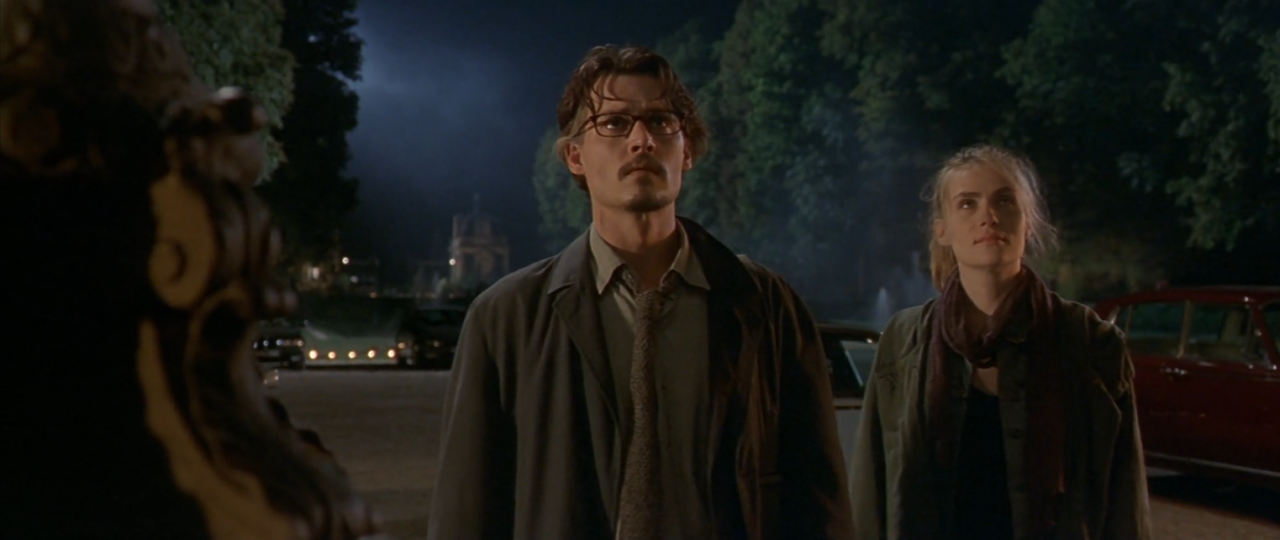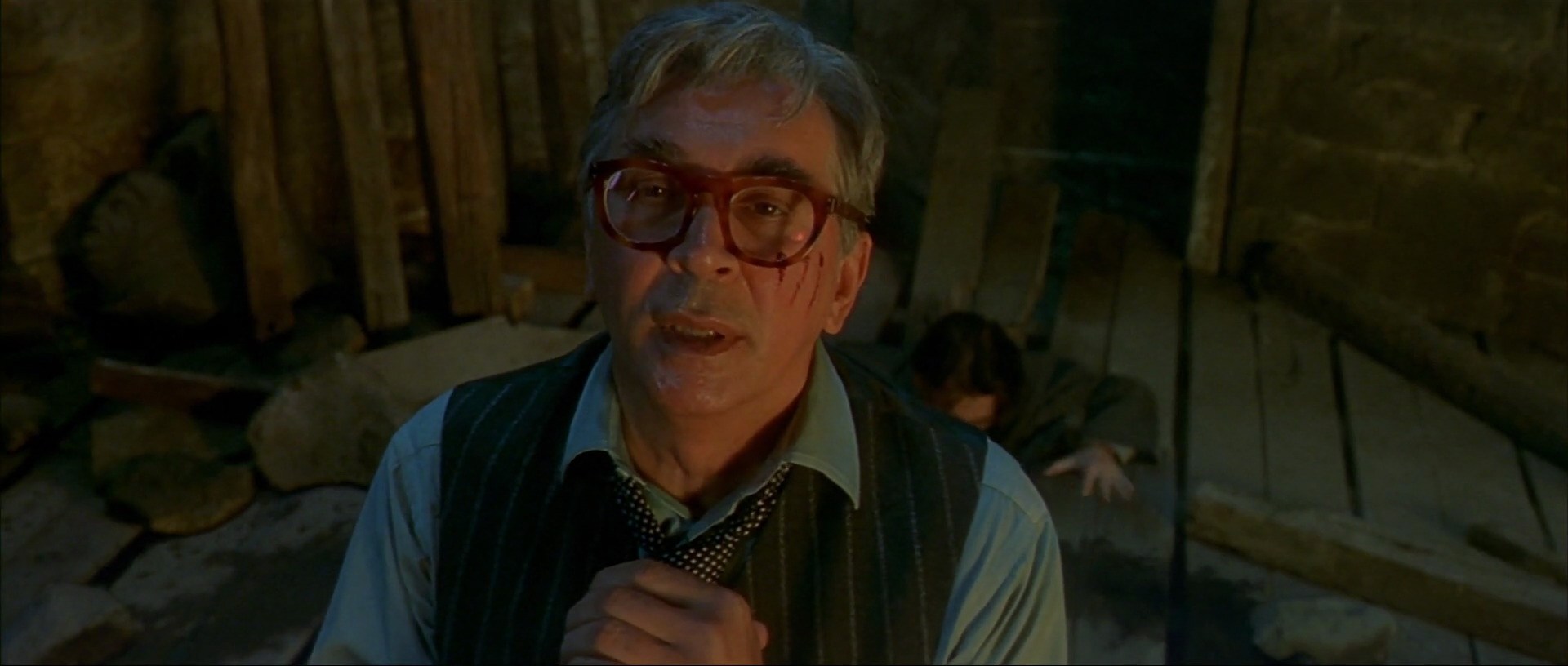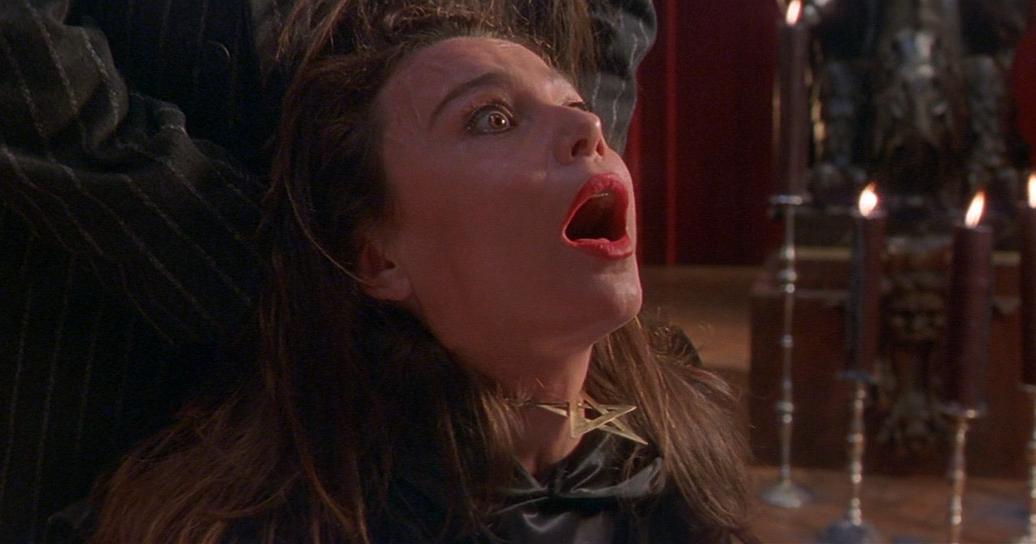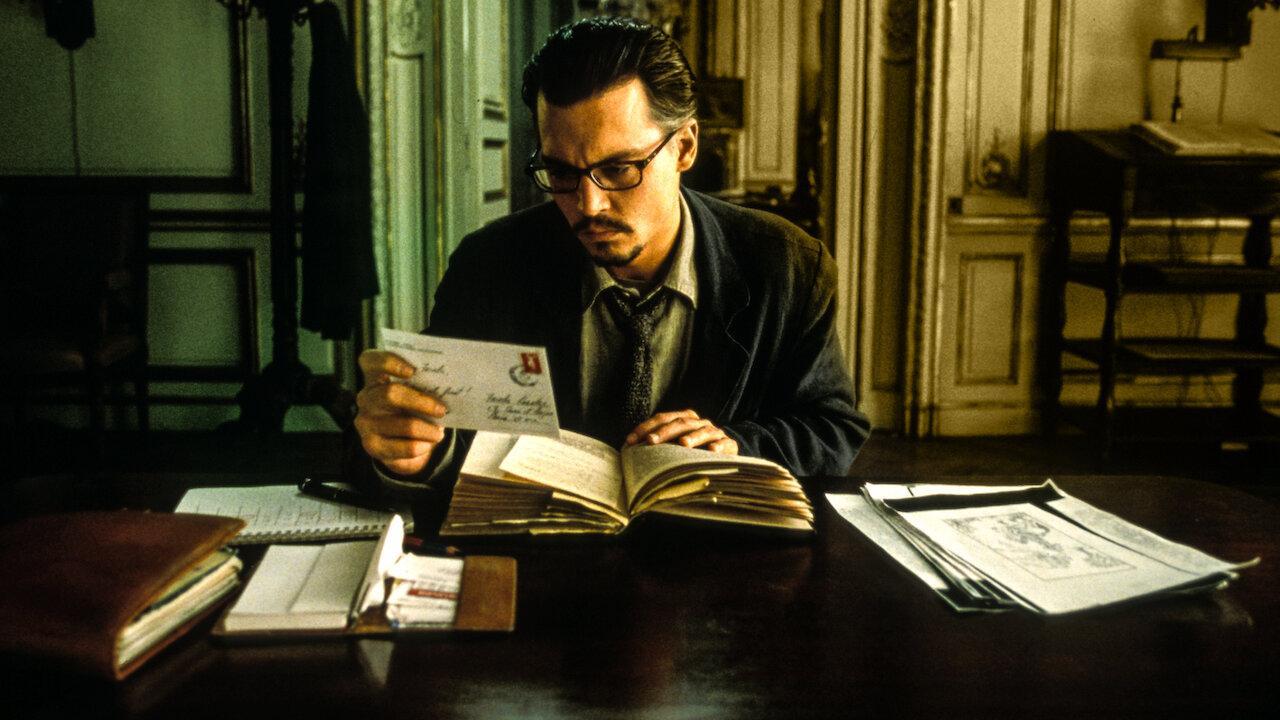Directed by Polish filmmaker Roman Polanski, ‘The Ninth Gate‘ is a thriller-drama film of 1999 featuring an ensemble cast including Johnny Depp, Emmanuelle Seigner, Lena Olin, Frank Langella, James Russo, Barbara Jefford, Jack Taylor, and more. At the heart of the story is Dean Corso, a book dealer who accepts a job to authenticate “The Nine Gates” for Boris Balkan, who believes the book holds exceptional power and knowledge when decoded. Corso’s journey across Europe to compare copies unfolds with danger and mystery, encountering murder and deceit.
Interestingly, Corso uncovers three versions of the book, each potentially harboring distinct engravings. He crosses paths with Liana Telfer, an enigmatic woman with a significant interest in the book. Delving further, it becomes increasingly clear that supernatural forces are at play, and the book may conceal ominous secrets and potent abilities. Given the film’s exploration of the occult, one might wonder if ‘The Ninth Gate’ is based on real events. Here are the facts.
Is The Ninth Gate a True Story?
No, the ‘Ninth Gate’ is not based on a true story. Helmed by Roman Polanski, the movie draws inspiration from Arturo Pérez-Reverte’s best-selling novel dubbed “The Club Dumas.” While the storyline and events depicted in the film are completely fictional, the book that inspired it incorporates elements of real history, ancient literature, and mythology. Roman Polanski, the filmmaker credited for adapting the movie for the silver screen, is a well-known Polish filmmaker hailed for his movies like ‘Death and Maiden,’ ‘Bitter Moon’ ‘Frantic,’ ‘Pirates,’ and many more.

When asked why he adapted Arturo Pérez-Reverte’s novel, Roman Polanski stated, “The suspense and humor of it, a lot of colorful secondary characters, the type of stuff that I know what to do with. There are several plots in it, mainly two, one of which deals with the lost manuscript for another chapter of The Three Musketeers.”
Polanski continued, “It’s all very convoluted, one of those rambling books, enjoyable and literary, with clever observations, very erudite: Reverte obviously loves the book. I enjoyed it very much; the problem was how to make a movie out of it because, at first glance, it really doesn’t look like it’s possible. We had to abandon a lot of elements because a movie must be much more rigorous. But I had no hesitation because I knew it would be fun to do.”

‘The Ninth Gate’ is a captivating tale that delves into the perils of obsession and the consequences of venturing too far into the realm of the unknown. At its core, the story is a chilling reminder of the ethical tightrope we walk when driven by insatiable desire, particularly the allure of immortality and god-like power. Boris Balkan (Frank Langella), a character shrouded in ambition and the thirst for ultimate knowledge, embodies the dangers of unbridled obsession.
His desire to attain a god-like status through the pursuit of immortality is fueled by a yearning for power that knows no bounds. Balkan’s tenacious dedication to uncovering the secrets of the mysterious book leads him down a treacherous path. He becomes blind to the warning signs and ethical considerations, consumed by the prospect of achieving a level of power comparable to that of a deity.

In a similar vein, Liana Telfer (Lena Olin) represents another facet of this cautionary tale. Driven by her own ambitions and desires, she is enticed by the promise of power and immortality that the book holds. The allure of omnipotence becomes a seductive force, tempting her to grasp at the forbidden knowledge despite the impending peril. Like Balkan, her fixation on this unattainable power blinds her to the very real dangers she is courting.
To conclude, ‘The Ninth Gate’ is not rooted in reality but based on Arturo Pérez-Reverte’s best-selling novel. The movie acts as a subtle mirror, inviting introspection into the ethical compass guiding our own lives. It raises a cautionary flag, waving us away from the dangerous cliffs of unchecked desires, reminding us to pause and weigh the true costs of our ambitions. Ultimately, it whispers a timeless truth: wisdom isn’t found in a blind pursuit of power but in the judicious discernment that allows us to navigate our desires responsibly and foresee the ripples they may create in the vast ocean of existence.
Read More: Best Roman Polanski Movies You Must See


You must be logged in to post a comment.